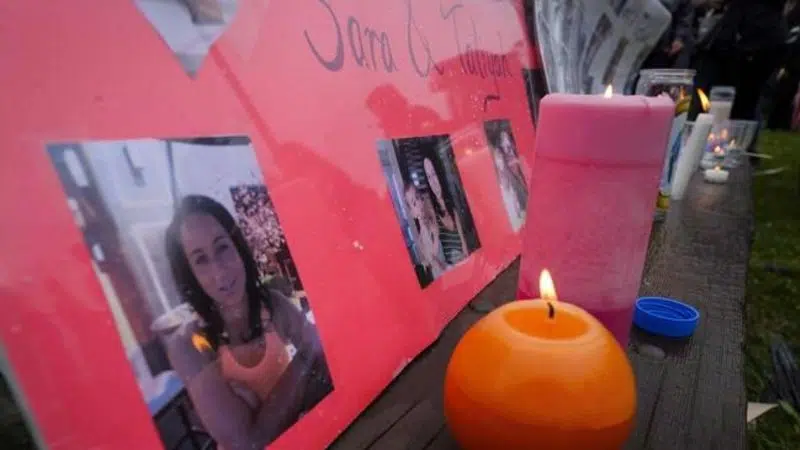
Lawyer for double murderer urges judge against ‘custodial death sentence’
CALGARY — The lawyer for a Calgary man convicted of killing a Calgary mother and her young daughter says 50 years in prison before any chance of parole would be tantamount to a death sentence.
A jury found Edward Downey, 49, guilty last year of first-degree murder in the 2016 deaths of Sara Baillie and five-year-old Taliyah Marsman.
The convictions come with an automatic life sentence, but Justice Beth Hughes is to decide whether Downey must wait 25 or 50 years before he can apply for parole.


